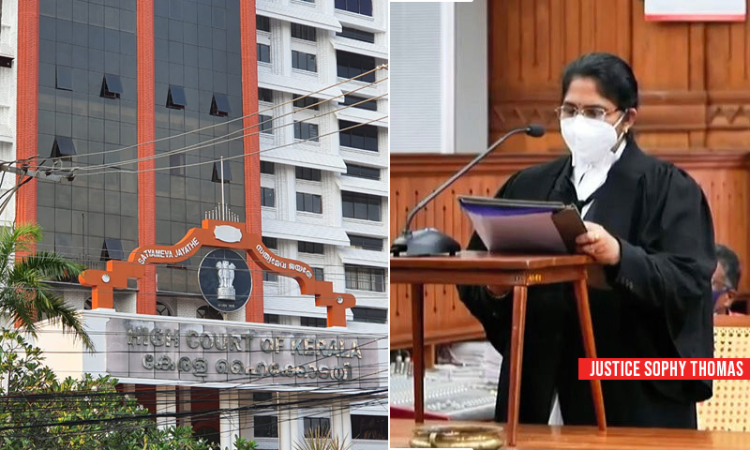Consuming Liquor In Private Place Without Causing Nuisance Not An Offence : Kerala High Court
Hannah M Varghese
15 Nov 2021 12:19 PM IST

Next Story
15 Nov 2021 12:19 PM IST
The Kerala High Court recently ruled that consuming alcohol in a private place does not constitute an offence as long as they do not cause any nuisance in the public. While quashing the ongoing proceedings against the petitioner, Justice Sophy Thomas remarked: "Consuming liquor in a private place without causing nuisance or annoyance to anybody will not attract any offence. Mere smell of...
